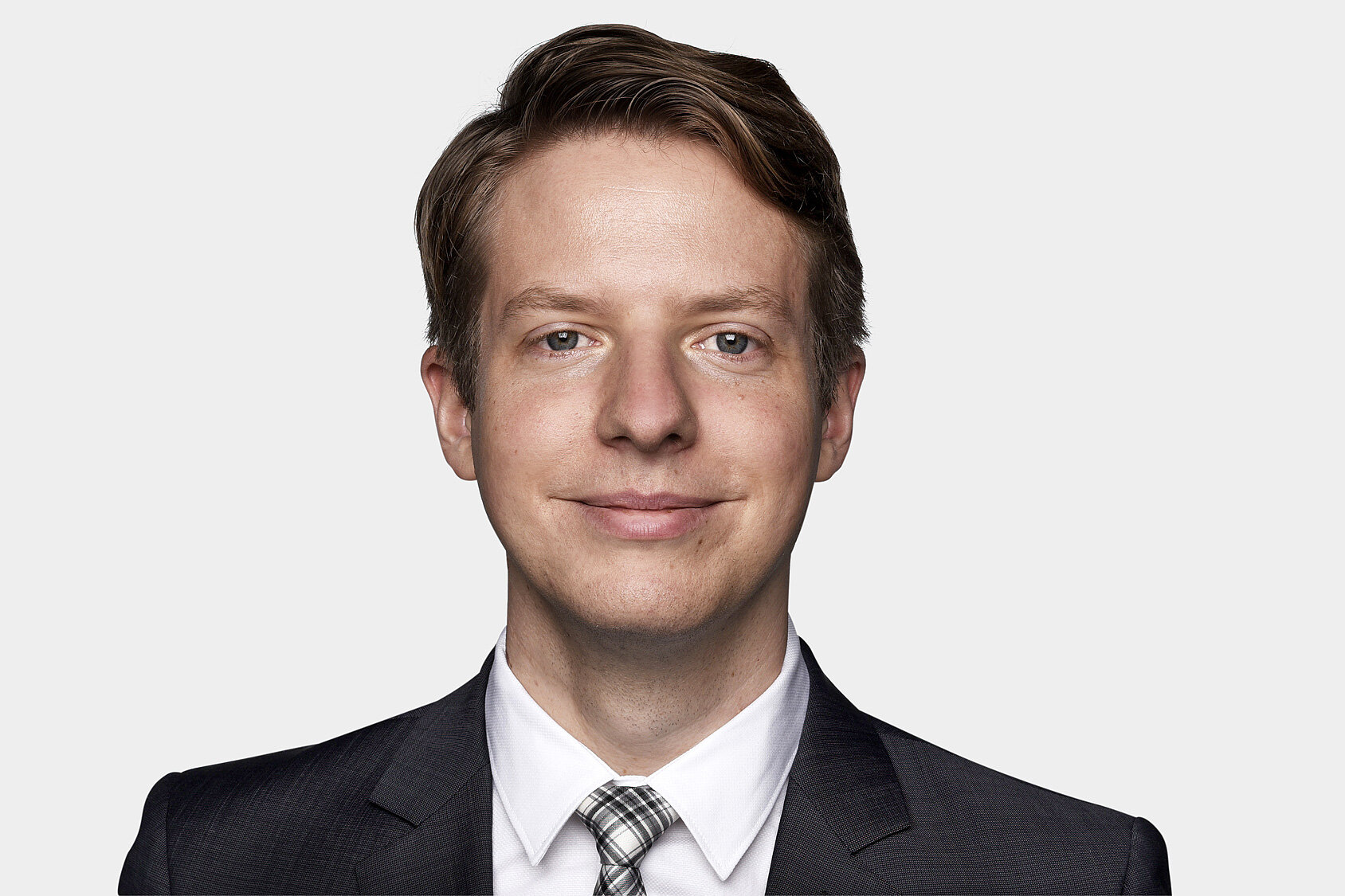"Anything the U.S. does affects the entire world"

Foreign Correspondent Adrian Morrow is no stranger to the excitement and intensity of journalism. A reporter for the Globe and Mail, Canada’s national daily newspaper, Morrow is based in Washington DC and covers U.S. politics -- including the January 6th Capitol riot and two presidential elections.
He spoke with the Foreign Press about his experience as a foreign correspondent.
Here are five key takeaways of our talk with Morrow:
The Importance of Journalism: “Having professional journalists helps filters through all the false information or stuff written with a spin or in bad faith,” Morrow said. “I think the sort of work that we do has never been more important for that reason.” Politicians bend the truth to some extent, Morrow explained, but Donald Trump went far beyond that. “I think that it’s essential that we have journalists who are constantly holding that power to account and saying ‘here’s what’s true and here’s what’s not.
The Importance of U.S. Correspondents: “Anything the U.S. does affects the entire world, and I think especially so with a close neighboring ally like Canada… That’s especially true of climate change, foreign policy, and defense and security policy… Canadians need to understand what’s going on in the U.S., what their thinking is because it affects so many.”
The Capitol Riot: “On one hand, having spent five years covering the Trump phenomenon, and meeting people who really had this conspiratorial mindset and thought the entire system was rigged against the U.S. or rigged against them,” made Morrow shocked but not surprised by the riot. “There was so much increasingly violent rhetoric that I heard over the previous year from Trump supporters who talked about rebellion and taking up arms against democrats and against black people, and anybody they hated... But it wasn’t until you really saw people pushing past the police, beating up the police, throwing things at the police, storming into the building that it became clear, ‘okay this is really happening.’”
Covering the Riot for a Canadian Audience: “That day I was reporting from the scene, I was tweeting a bit, gathering video, stuff like that,” Morrow said. “In the evening, I went back a wrote up a news story... I tried to explain what had happened that day as well as trying to explain a little of the context of why it had happened.” Weeks later, right before Trump left office, Morrow published a larger story reflecting on the former president’s past. “I went back through my notebook from the previous five years and pulled out a bunch of old interviews… starting at the beginning of the Trump phenomenon of people I’d been meeting years earlier going right up to people I interviewed on January 6th… So I went back and pulled all that stuff together to try to explain where this came from and say that Trump’s base has always been accented around this culture war.”
A Change in Journalism: “It felt like the U.S. media in the way they covered Trump in 2016 was being very careful to present both sides. I think they were trying to be fair to Donald Trump and fair to Donald Trump supporters, that they would often just present ‘here’s what Donald Trump said’ without necessarily putting in a lot of contexts,” Morrow said. “I think a lot of that changed in the media after Trump was elected in 2016. There was a lot of soul searching in the media here. A lot of media became careful about fact-checking the president, and not just repeating what he was saying, and were more willing to say, ‘this is what Donald Trump is doing, this is what his movement is about…’ In 2016, you saw a real noticeable difference... by 2020 U.S. media was a lot more careful to fact check Trump in real-time.”
